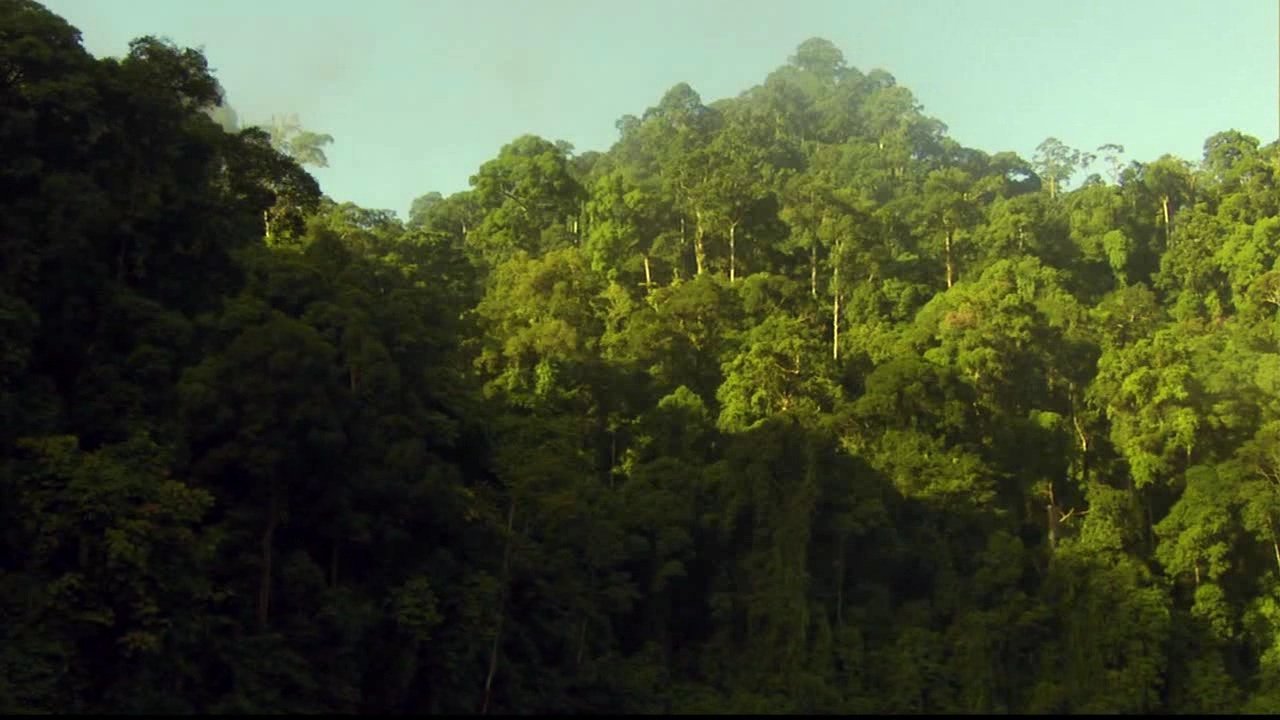
1 Ixesha
6 Isiqendu
Equator - Season 1 Episode 6
Challenged by cycles of famine and abundance, the iconic species of Equatorial Africa have adapted to suit their unique environments. FOR MUCH OF the year the African Savannah bakes under the oppressive Equatorial sun. The dryness is unusual for the Equator, whose regions are often covered with dense rainforests and associated with a seasonless annual cycle. But the Savannah is a product of unique circumstances, of profound geological events that have combined to create a habitat for many of Africa’s iconic mammal species. Thirty million years ago part of east Africa was torn apart. Massive volcanic activity combined to form the beginnings of what would be the Great Rift Valley. Over millions of years the valley widened and grew longer, spreading north and south for more than 4,500 kilometres. The resulting mountain ranges rose 3000 metres, blocking clouds coming from the west and creating a rain shadow over east Africa.



 "
" "
"


















